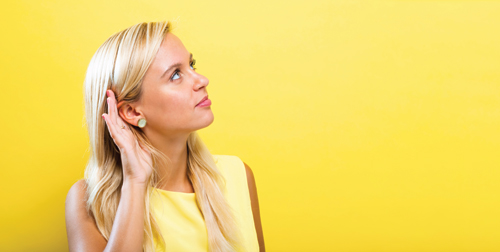MPH, RDH, CSP
An increasing number of dental professionals now experience significant hearing loss. The issue of noise-induced hearing loss received little attention in the educational arena until recently, but the tide is turning with more academic institutions now addressing the need for hearing protection.
Risk for compromised hearing
Despite this increased awareness, many clinicians today are grappling with compromised hearing. Typically, occupational noise-induced hearing loss occurs when the human ear is subjected to loud noises over long periods of time. Although everyone’s occupational exposure is different, it is now understood that the cumulative effects of exposure to 85 dB over an eight-hour day will affect human hearing.1
It’s not just how often you use a power scaler. The problem is compounded by noise from the suction, the sound of the high-speed handpiece in the next cubicle, and the compressor or lab grinder down the hall. Lifestyle choices and genetics also play a role in accelerating hearing loss.
Since noise-induced hearing loss is cumulative over time, many dental professionals are not well prepared for a future that involves hearing loss. Along with having to cope with diminished hearing, the cost of assistive hearing devices, commonly known as hearing aids, causes sticker shock for many people.

© Melpomenem | Dreamstime.com
